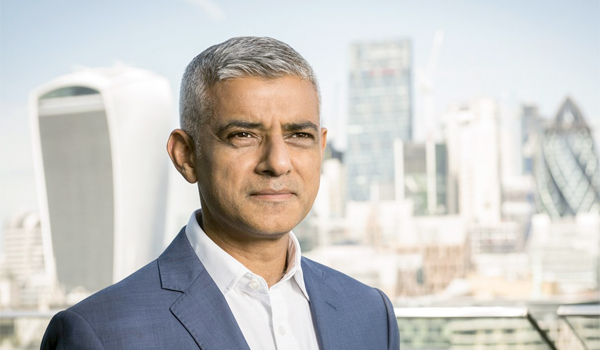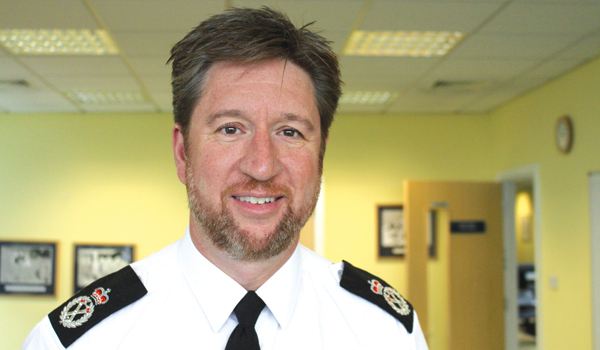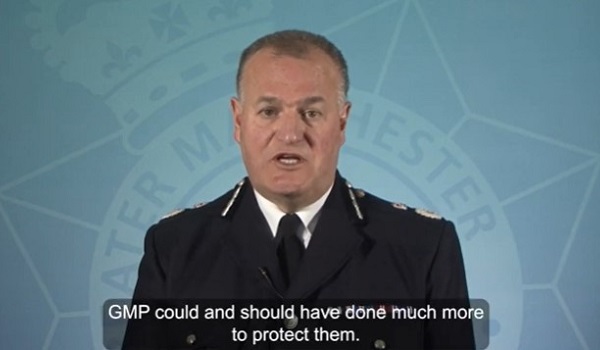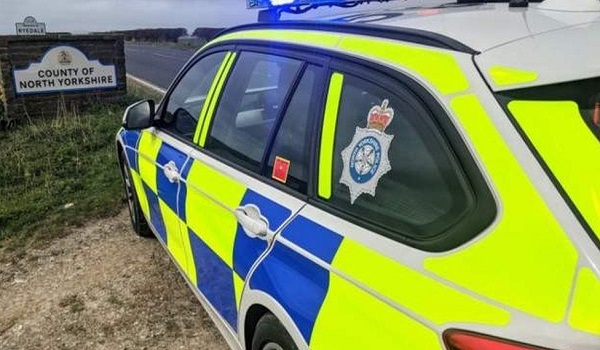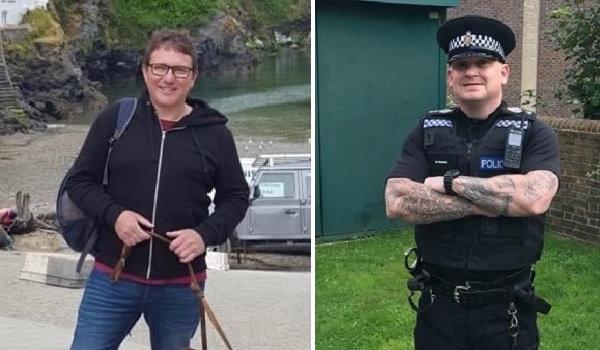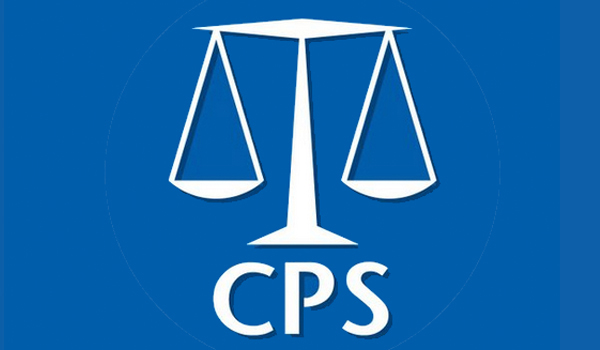High Court orders Mayor to reconsider closing police station
An aggravated burglary victim has won a legal battle to force London’s mayor to reconsider closing a south London police station but lost the fight to keep open 36 front counters across the capital.
The High Court ruled on Friday (July 20) that Sadiq Khan’s decision to close 36 station front counters across London was lawful but it said the mayor should look again at the decision to shut Wimbledon police station.
The ruling follows a judicial review mounted by Paul Kohler, who argued that he would not have survived a violent attack at his south west London home had officers not been able to reach him so quickly.
In 2014, the university lecturer was left with severe facial injuries after the assault. Four men were convicted and received sentences ranging between 13 and 19 years.
Lord Justice Lindblom and Mr Justice Lewis stated that: “The consultation process in this case was not conducted well. Both the content and the structure of the consultation document were unsatisfactory. It was markedly less helpful than such documents should be if they are to achieve their purpose in informing a decision on a matter of great significance for a large number of people – here the entire population of the metropolis.
“The internal documents prepared for meetings had omissions and contained errors. The summary of the consultation responses was not adequate. That is all the more surprising given the importance of the issue – policing and public safety in London.”
In the case of Wimbledon police station this included a failure to properly consider the submission of Merton Liberal Democrats that it was premature to take a decision to close Wimbledon police station, and that any decision to do so should be postponed pending an evaluation of the impact of new technology. In the opinion of the High Court this was a material matter and the failure to consider it amounted to a clear error of law.
In their judgment Lord Justice Lindblom and Mr Justice Lewis conclude: “The decision to close the Wimbledon police station is… unlawful and cannot be allowed to stand.”
The court also accepted that the point made by Merton Liberal Democrats – that it was premature to take a decision to close Wimbledon police station until a proper assessment had been made of the impact of the introduction of new technology – could have been made in respect of other police stations. However, in the absence of evidence that it was, the court was not prepared to quash the decision to close the other police stations.
Mr Kohler said: “I am delighted that the High Court agreed with me in holding that the Mayor of London’s entire consultation was unsatisfactory. In the words of the judgment the initial consultation document was ‘incoherent and unhelpful’; the internal documents used by the Mayor’s office ‘had omissions and contained errors’; and the summary of the consultation responses was ‘not adequate’. As the judges said this is ‘all the more surprising given the importance of the issue – policing and public safety in London’.
“In the circumstances, especially after yesterday’s news detailing the increase in crime, particularly violent crime, across the capital, I hope the Mayor of London will take this opportunity to consider the matter afresh and revisit his decision to close all 37 police stations.”
A spokesperson for Mr Khan said in large part the court has agreed that the decision, forced on [the Mayor’s Office for Police and Crime (MOPAC)], to close 36 front counters in order to save an additional £8 million a year is lawful.
“The decision to close the counters is as a direct result of government cuts to the police budget since 2010, which has contributed to officer numbers dropping below 30,000 for the first time in 15 years. The money saved from closing the front counters will instead be used to protect frontline policing as much as possible.
“On just one point, the court has required MOPAC to reconsider the closure of Wimbledon police station and MOPAC will do this in due course.”
Speaking to BBC Radio London earlier, Mr Khan said “The simple choice is police officers or front counters. It’s a tough choice that I’ve got to make – I’m choosing police officers.”
Metropolitan Police Service Deputy Assistant Commissioner Mark Simmons said the force was pleased overall with the judgment and happy it can continue its wider transformation programme – acknowledging that the decision regarding Wimbledon police station requires reconsideration by MOPAC.
“We maintain that the changes to local policing in London, which followed the consultation were, and remain, necessary to secure an effective and efficient police service across London within our available resources.
“Our research showed that many front counters were inefficient and little used while our online crime reporting continues to grow, with 50 per cent more crimes being reported online than in all the front counters we previously operated and with the overwhelming majority of reports being made over the telephone.”
He said the MPS remains committed to maintaining a front counter that is open 24 hours a day, seven days a week in every borough. The money saved by closing the least used counters is being invested to maintain frontline services, including neighbourhood officers and emergency response.
“We always recognised that many would be disappointed to lose their front counters, but they can be reassured that police were never retreating from their communities – we have more dedicated ward officers and, more often than not, the officers who respond to emergency calls are deployed while they are on patrol rather than from a police station.”


